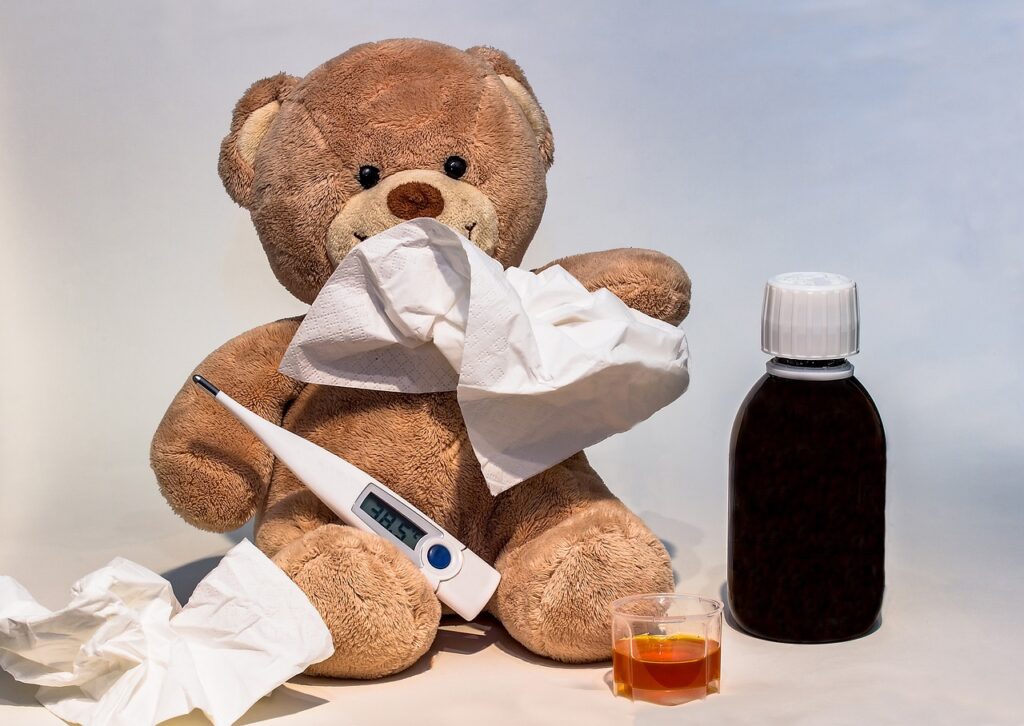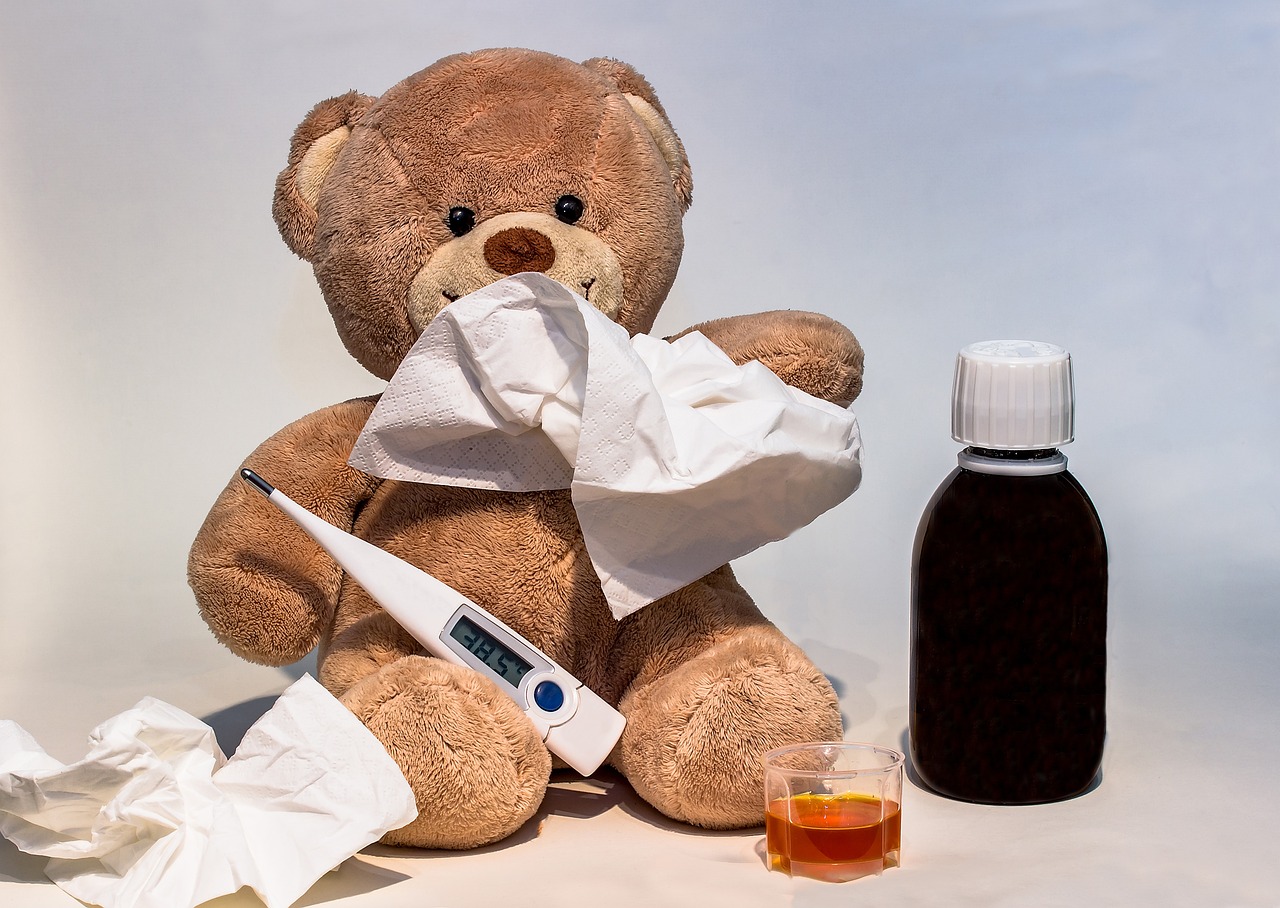Dua for Healing in Islam
Invocation - Dua for Healing in Islam: Finding Comfort and Hope

Dua, or supplication, holds a significant place in Islam as a means of seeking help and healing from Allah. Believers turn to various prayers for physical, emotional, and spiritual ailments, believing in the power of divine intervention. This article explores the significance of Dua for healing in Islam, highlighting key supplications and their benefits while incorporating offerings from Al-Dirassa Institute’s online courses.
Understanding the Concept of Dua in Islam
Dua is the act of calling upon Allah, and it reflects a believer’s faith and reliance on God. The Quran and Hadith emphasize the importance of invoking Allah for assistance and healing. Believers are encouraged to maintain a strong connection with Allah through sincere supplications, especially during times of illness or distress.
Book your free trial lesson
Don’t want to go through the translation anymore?
30 free minutes with your qualified Egyptian teacher.
The Importance of Healing Dua
The significance of healing Dua is underscored by the belief that physical and spiritual well-being are intertwined. Many scholars assert that invoking Allah with a pure heart can lead to miraculous healing. As Prophet Muhammad (peace be upon him) stated, “The supplication is the essence of worship.” This highlights the necessity of Dua in seeking divine mercy.
The best Duas for Healing
1. Dua for Physical Healing
One of the most recommended Duas for physical ailments is found in the Quran:
“And when I am ill, it is He who cures me.” (Quran 26:80)
This verse reflects the belief that Allah is the ultimate healer. Believers are encouraged to recite this verse regularly, especially when feeling unwell.
2. Dua for Spiritual Healing
Spiritual healing is equally essential, and the following supplication is often recited:
“O Allah, I ask You for healing, both in my body and in my heart.”
This Dua can help alleviate emotional distress and anxiety, reminding believers that Allah’s mercy encompasses all forms of healing.
3. General Healing Dua
Another powerful Dua for comprehensive healing is:
“Allahumma inni as’aluka al-‘afiyah fi al-dunya wa al-akhirah.”
(O Allah, I ask You for well-being in this life and the Hereafter.)
This supplication encompasses all aspects of health and well-being, promoting a holistic approach to healing.
Additional Practices for Healing
1. Seeking Medical Help
While invoking Allah is crucial, seeking medical assistance is also essential. Islam encourages believers to utilize available resources, including modern medicine, while relying on divine support through Dua.
2. Maintaining a Positive Mindset
A positive mindset is vital for healing. Believers are encouraged to maintain hope and trust in Allah’s wisdom, knowing that every trial may carry hidden blessings.
3. Engaging in Regular Prayers
Incorporating regular prayers (Salah) into daily life enhances spiritual well-being and serves as a form of healing. Al-Dirassa Institute provides valuable resources and courses that guide individuals in mastering the art of prayer and supplication.
Conclusion
Dua for healing in Islam is a profound practice that combines faith, spirituality, and personal well-being. Believers can find comfort and strength through supplications, drawing closer to Allah in times of need. By embracing both spiritual and physical healing methods, including seeking knowledge through platforms like Al-Dirassa Institute, individuals can navigate their health challenges with faith and resilience.
Chosen and Trusted by Thousands of Satisfied Learners
Discover the experiences of our delighted clients who have thoroughly enjoyed utilizing this standout feature.
Alhamdulillah I‘m very pleased with the arabic and Qur’an lessons I receive from teacher Umm Tasneem and I‘m also content with the al-dirassa administration team who were very quick in answering any questions I had. In a month I progressed a lot and I cannot wait to continue my studies with al-dirassa. May Allah reward everyone at al-dirassa.
Verified review - view original
My Qur’an teacher is fantastic, she teaches me in a loving and kind way where I look forward to the lessons and learn so much. My Arabic teacher is equally as nice and has a lot of patience with me, she has great expertise in the field and I’ve progressed really quickly with her. Thank you Al-dirassa!
Verified review - view original







